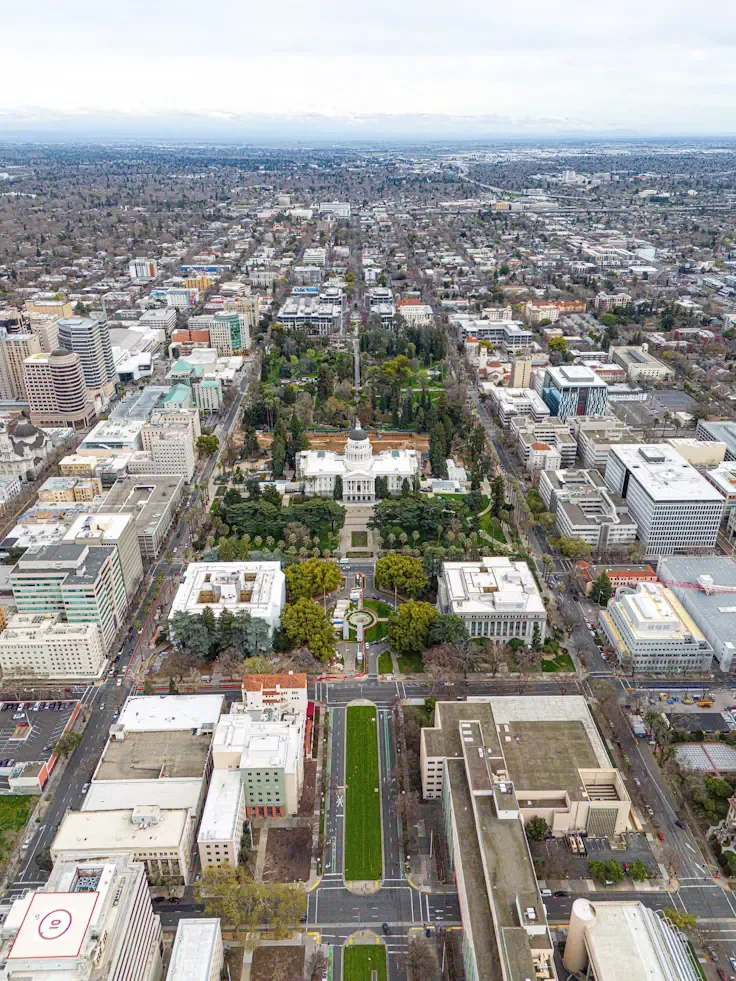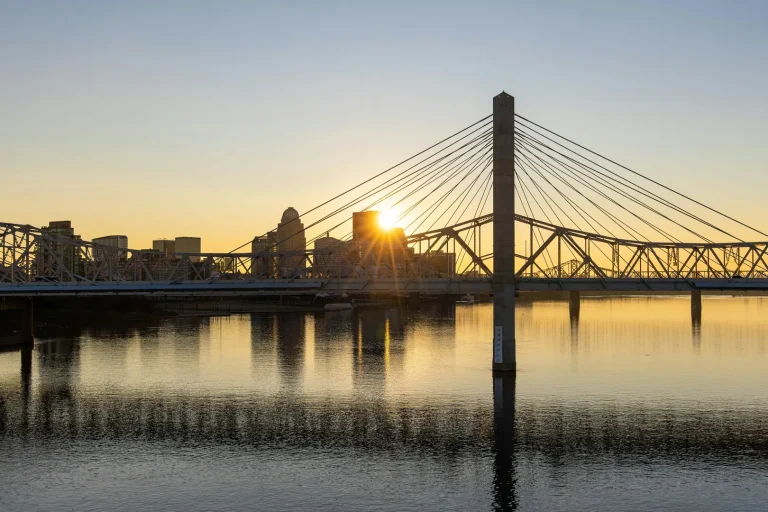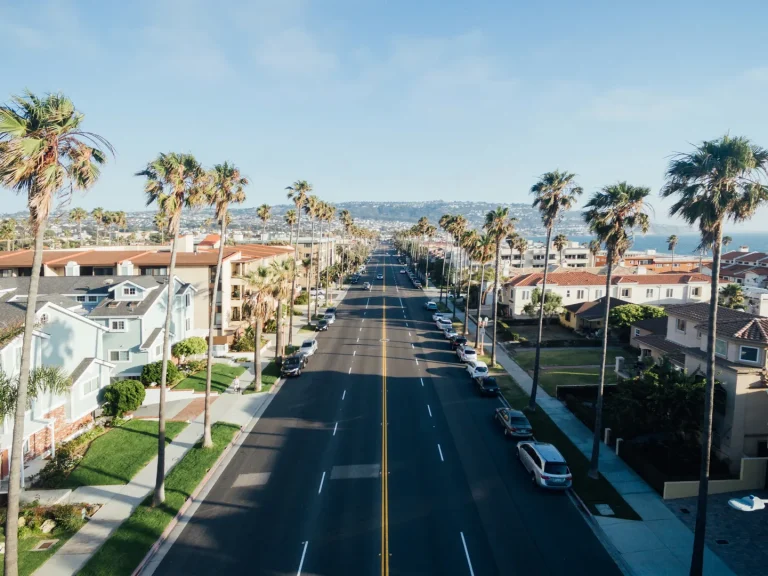Boston
Boston, the capital city of Massachusetts, is one of the oldest cities in the United States, renowned for its significant role in American history and its vibrant culture. Established in 1630, Boston has evolved into a bustling metropolis that balances its historical roots with modern urban development. The city is governed by a strong municipal framework, with the Boston City Council playing a pivotal role in shaping policies that affect the lives of its residents.
Government Structure
The Boston City Council is a vital component of the city’s government, responsible for enacting ordinances, approving budgets, and addressing the needs of the community. The council consists of 13 members: 9 district councilors and 4 at-large councilors. Together, they represent the diverse neighborhoods of Boston, ensuring that the voices of all residents are heard in the legislative process.
Roles and Responsibilities
The Boston City Council has several key responsibilities, including:
- Legislation: The council proposes and votes on laws and regulations that govern city operations.
- Budget Approval: Councilors review and approve the city budget, determining funding for public services and programs.
- Constituent Services: Council members assist residents with various issues, from housing concerns to public safety initiatives.
- Community Engagement: The council holds public hearings, allowing residents to voice their opinions on proposed legislation and city initiatives.
City Council Meetings
The Boston City Council holds regular meetings where councilors discuss and debate important issues. These meetings are open to the public, allowing residents to engage with their elected officials and stay informed about local governance. Meetings are typically held weekly, and they often include:
- Public Hearings: A platform for residents to provide input on specific legislative proposals or community concerns.
- Order of Business: A structured agenda outlining the topics to be addressed during the meeting.
- Committee Reports: Updates from various committees that focus on specific areas such as education, public safety, and economic development.
Importance of Civic Engagement
Civic engagement is essential in Boston, as it empowers residents to take an active role in their local government. The city encourages participation through various channels:
- Public Meetings: Residents can attend council meetings to listen to discussions and engage with councilors directly.
- Online Platforms: The city provides resources and tools for residents to participate in discussions and provide feedback electronically.
- Community Events: Boston frequently hosts workshops, town halls, and forums to educate citizens about local governance and encourage dialogue.
Historical Significance
Boston’s history is deeply intertwined with the founding of the United States. The city was a hotbed for revolutionary activity, leading to events such as the Boston Tea Party and the Boston Massacre. Today, the historical significance of Boston is reflected in its numerous landmarks, including:
- The Freedom Trail: A 2.5-mile-long path that passes 16 historically significant sites.
- Boston Common: The oldest public park in America, dating back to 1634.
- Paul Revere House: The former home of the American patriot and a symbol of the American Revolution.
Conclusion
Boston stands as a testament to the rich history and vibrant culture of America. With a robust city council that prioritizes civic engagement and legislation that reflects the needs of its residents, the city continues to thrive. Participating in local governance through attending city council meetings or engaging with councilors is an invaluable way for Boston residents to influence their community and contribute to the city’s development.






